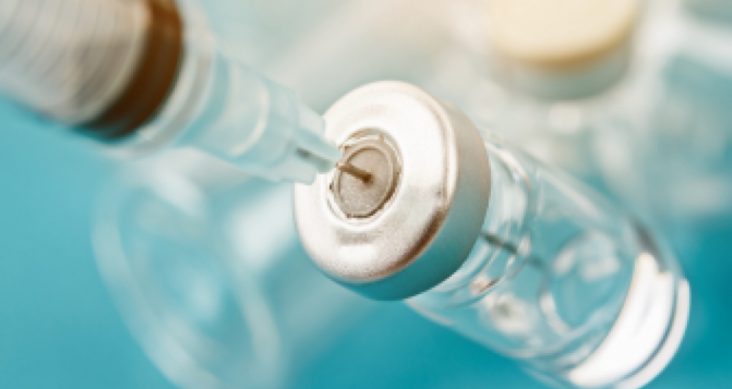56% of Fort Smith firefighters reject first access to vaccine
by March 1, 2021 7:01 pm 2,205 views

Less than half of Fort Smith police officers and firefighters have notified their departments they have received the COVID-19 vaccine. The Fort Smith Police Department has hosted two clinics, said Aric Mitchell FSPD public information officer, with 40 officers receiving both vaccine doses.
There are 146 sworn police officers in the department, Mitchell said, and it’s uncertain how many police officers have received one or both vaccine doses.
“We have had other officers choose to receive the vaccine(s) via their own doctors or pharmacies. Due to the confidential nature of medical records, employees are not required to report medical treatment they receive to the department, this includes vaccines. Therefore, we do not know the total number of officers who have received the vaccine,” Mitchell said.
Out of the 145 firefighters with the Fort Smith Fire Department, 63 have been vaccinated, said Fire Chief Phil Christensen. Of the remaining 82, 81 have said they either do not want the vaccine or they want to wait for further testing, Christensen said. The remaining one has either not scheduled or is listed as undecided.
“I’m done with mine. No pain, no side effects,” Christensen said.
MAYOR RESPONDS
Fort Smith Mayor George McGill, who has been a vocal advocate for vaccinations, said he understands why some firefighters do not receive a vaccination.
“They are residents and citizens of Fort Smith who like many have uncertainties and concerns about the vaccine. Like about many things that are new, they have reservations. We do not fault anyone for not taking the vaccine. They have been educated about the devastation this virus can cause and they have seen what it can do,” he said.
However, the mayor said the sooner more people are vaccinated the sooner the pandemic will end or is contained. He said people should continue to wear masks, practice social distancing and not gather in large groups, even if they have been vaccinated. He said he will continue urging all city residents to get the vaccine as soon as they can.
“We are encouraging anyone who can to get the vaccine, and we hope as they hear the experiences of their friends, family and colleagues, they choose to get it,” he said. “I believe 9 out of 10 of anyone opting to not get the vaccine have not had it and think the safety measures they are taking are protecting them. We want everyone to have the choice of whether to get the vaccine or not. We hope that as time goes on, everyone will come to the conclusion that it is better to get (the vaccine) than to not for the safety of all of us.”
As of Sunday, there have been 322,415 total cumulative COVID cases in Arkansas. There are 4,399 total active cases and 455 hospitalized with the virus. Sebastian County reported 11 new cases Sunday, tied with Craighead County at fifth in the state for new cases. Sebastian County has had 14,588 COVID cases since March. The ADH reports that as of Sunday, there were 190 total active cases with 255 total virus-related deaths in the county.
STATE VACCINE TOTAL, ELIGIBILITY
As of Monday (March 1), Arkansas has administered 636,600 doses of the vaccine since December. The state is in phase 1B of the vaccine schedule. Phase 1-B includes those 65 and older; education workers, including those working in kindergarten through 12th grade, child care and higher education; food and agriculture workers, firefighters and police not in 1-A, manufacturing workers; grocery store workers; public transit workers; U.S. Postal Service workers; essential government workers; and other correctional staff.
Phase 1-A began in December and includes health care workers, residents and staff at long-term care facilities and these high priority groups: EMS, fire and law enforcement who serve as first responders; those working in primary care, urgent care, college and university student health center, kindergarten through 12th grade health clinics and school nurses, dental clinics, pharmacies, home health, private care/personal care, hospice care and dialysis centers; correctional staff involved in patient care and transfer; morticians and funeral home staff involved in direct contact or conducting transports; and those working at blood donation centers.
According to the ADH, the groups eligible to receive the vaccine under phase 1-B will increase as supply increases in the coming weeks. Phase 1-C is expected to begin in April. That group includes people who are 16-64 with high-risk medical conditions; essential workers; those working in transportation and logistics, water and wastewater, food service, shelter and housing, public safety, IT and communications, energy and media; and public health workers.
